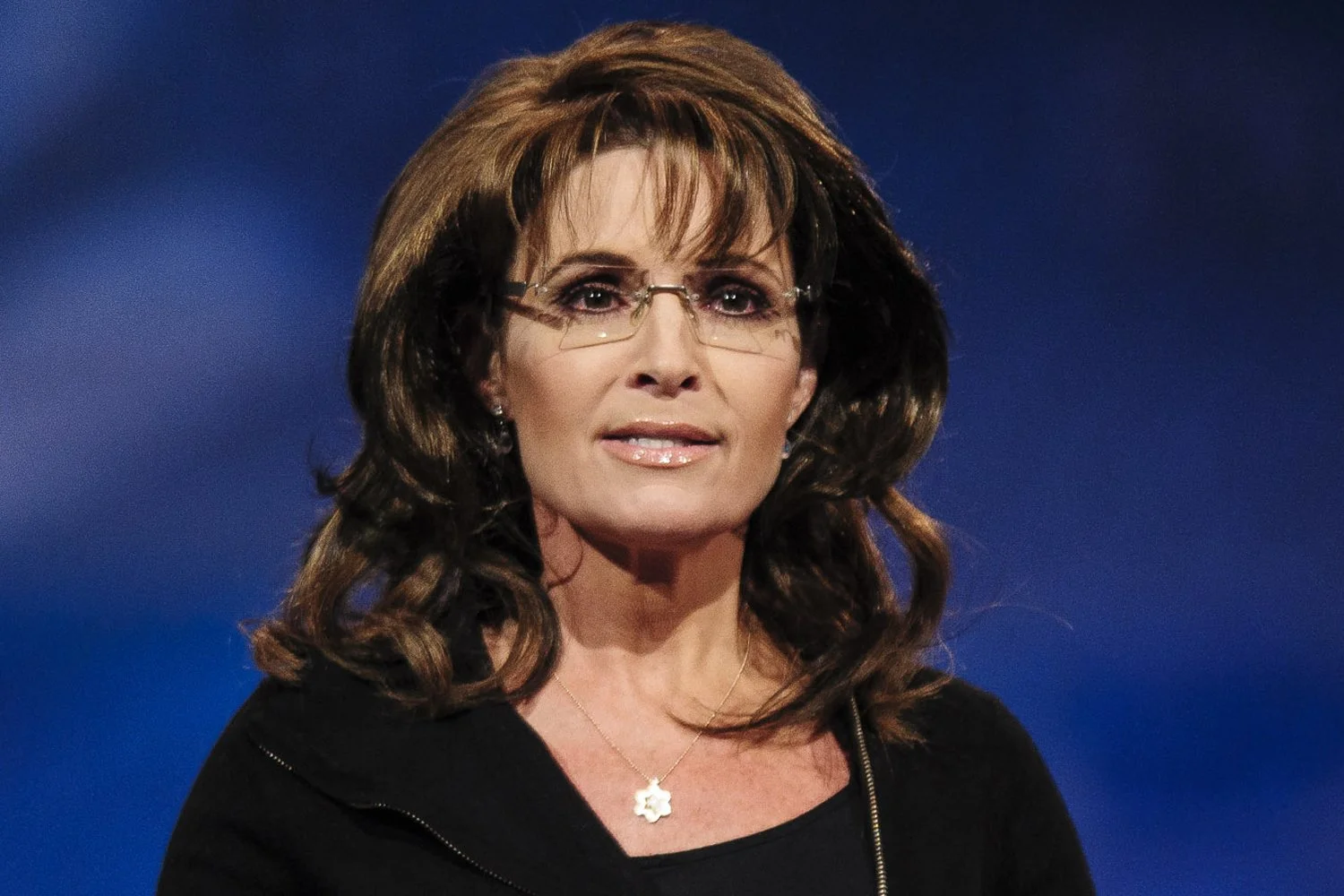Intellectual Property Implications of NFT Ownership
According to supporters, non-fungible tokens (NFTs) are the future of collectible ownership. By owning an NFT, you own the original digital image, the subject of which ranges from animated characters to unseen footage from films such as Pulp Fiction. The most expensive NFT sold to date is Beeple’s ‘Everydays: the First 5000 Days’ for $69 million.
Arguably, the world is shifting from physical tangibility to digital intangibility. A decade ago, phones were used merely as communication devices. Today, many of us have a significant proportion of our lives stored on our phones. Consequently, it seems highly plausible that the future will entail further digitalisation of our lives. In addition, the recent popularisation of the metaverse is another indicator of the impending digital age. In our metaverse lives, NFTs will be the equivalent of real-life collectibles. To those sceptics who don’t believe in the value of the metaverse, another example of the huge potential of NFTs is that many projects involve real-life benefits. For instance, Bored Ape Yacht Club hosts networking events allowing holders to interact with other key players in the industry. Effectively, there is a strong case that NFTs could become the first of the crypto sphere projects to garner mass adoption.
Nonetheless, many critics argue that NFTs are essentially valueless because they are so easily reproducible through, for example, screenshotting. However, in reality, only the holder of the blockchain-backed original will have ownership rights. This gives rise to a key implication: the meaning of ownership in terms of NFT purchases. Usually, smart contracts governing NFT purchases transfer only a non-exclusive right to use the work for non-commercial purposes.[1] Effectively, ownership of the copyright remains with the creator unless expressly stated otherwise. Emma Perot rightly points out that at ‘present, NFTs are more useful for provenance than copyright protection’.[2] A further concern arising in this regard is whether ‘the creator of the NFT could create more NFTs for the same asset, in effect diluting the rarity and value in the NFTs already sold’.[3] Therefore, it is arguable that NFT transactions should take the form of contracts inter alia transferring copyrights to the buyer so that their value is ensured, and the buyer is legally protected.
If the NFT space remains on the same growth trajectory, it will produce massive opportunities. Currently, the market is in a critical window, determining its future success. Given that it took Bitcoin 3.5 years to reach a $1 billion market cap and NFT sales volume surpassed $1 billion in just over a year, it is highly likely that the NFT market will explode in the near future. Another indicator of the potential success of NFTs is the gaming industry. According to William Quigley, one of the co-founders of Tether – a USD-backed stablecoin with a $78 billion market capitalisation – in ‘gaming, the revenue model now is virtual items, and that’s a $175 billion business annually’.[4] If gamers are willing to spend so much money on items over which they have no ownership claim, then they should be even more inclined to do so regarding items over which they can have ownership. Clearly, the potential use cases for NFTs are immense.
However, as stated above, the main challenge that must be surpassed to ensure successful mass adoption is ensuring the protection of ownership rights in NFT transactions by enacting laws specifically pertaining to smart contracts and ensuring an industry-wide standard of copyright transfer in NFT transactions.
[1] Nick Eziefula, Peter Hopton, and Andrew Wilson, ‘Newly minted: NFTs in the entertainment industries’ [2022] 44(1) European Intellectual Property Review 33, 34
[2] Emma Perot, ‘NFTs: copyright foe or friend?’ [2021] 43(12) European Intellectual Property Review 793, 799
[3] Eziefula, Hopton, and Wilson (n 1), 34
[4] Joanna Osinger, ‘NFTs Are the Revenue Model for Metaverse, Crypto Veteran Says’ (Bloomberg, 12 September 2021) <https://www.bloomberg.com/news/articles/2021-09-12/nfts-are-the-revenue-model-for-metaverse-crypto-veteran-says> accessed 29 January 2022



